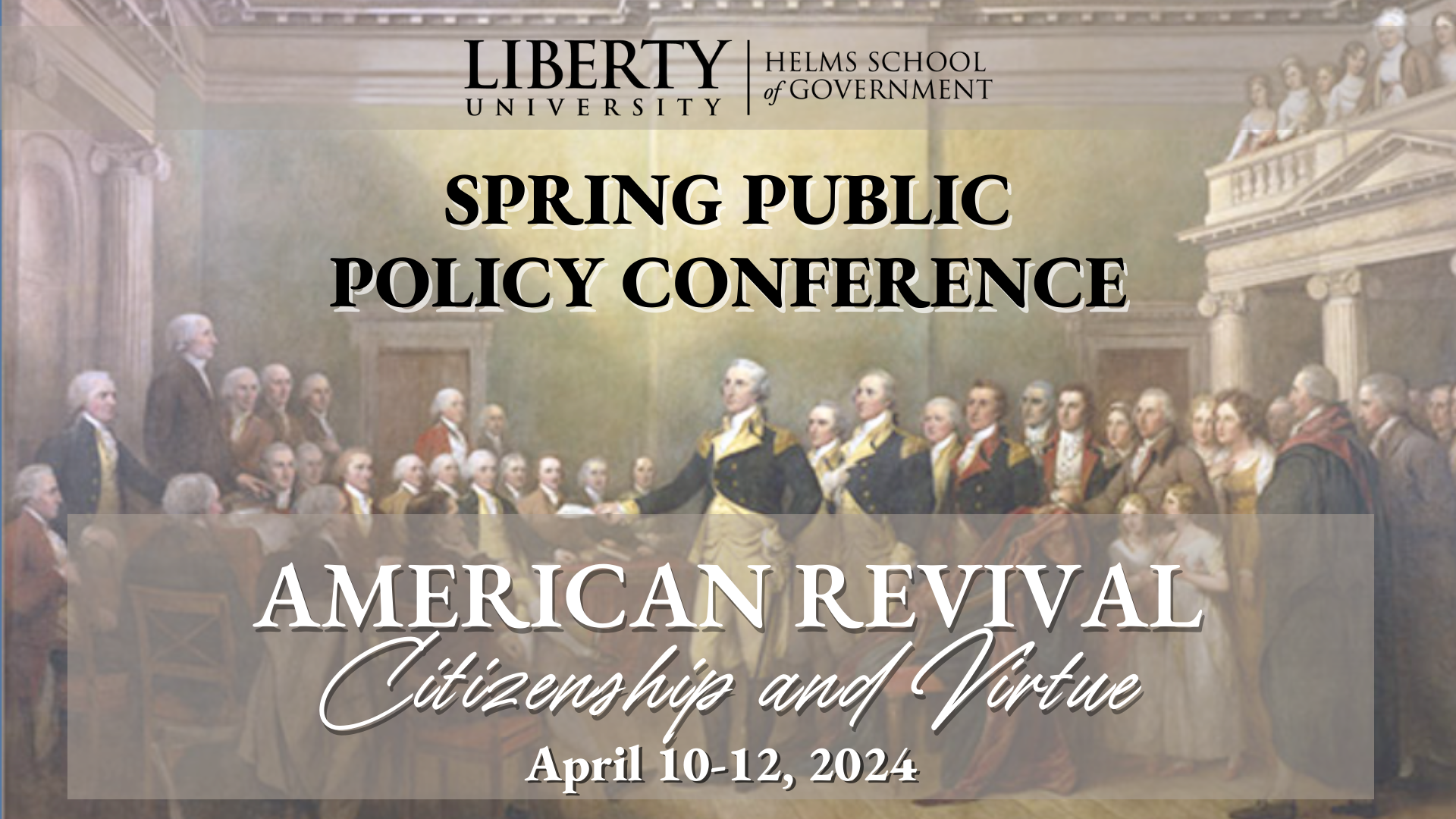Location
Global Economic and Legal Challenges
Level of Education
Undergraduate
Keywords
Amazon, Brazil, deforestation, international politics, United Nations
Abstract
Latin America is a land of potential for economic growth, the expansion of democracy, and international political influence. The United States has historically had political and economic influence in the region; however, Latin American nations have long seen the United States as imperialists, only serving their own interest at the expense of smaller Latin nations. As China’s global ambitions grow, many Latin American nations have turned towards the Chinese for investment and trade. The United States needs to combat China’s influence and the nations of Latin America wish to build a better future for themselves. The solution is strategic partnership and investment with Brazil, the largest economy in Latin America and the ninth largest economy in the world. Latin America needs a Latin American leader, and little research has been done to identify the potential of a strategic U.S.-Brazil partnership. The U.S. and Brazil can build a prosperous life for the citizens of Latin America and a more stable and united Western Hemisphere. This paper will take a look at different ways the two nations can make this ideal a reality including infrastructure development, energy policy and environmental protection, bilateral anti-corruption efforts, countering organized crime, and defense and security strategy. Specific agencies and organizations will be examined such as the United States Agency for International Development (USAID), the U.S.-Brazil Energy Forum, Mercosur, the Inter-American Treaty of Reciprocal Assistance, and others.
Included in
Environmental Policy Commons, Environmental Studies Commons, International Relations Commons, Latin American Studies Commons, Physical and Environmental Geography Commons
Deforestation in Brazil’s Amazon and the Effects on Its Position in International Politics
Global Economic and Legal Challenges
Latin America is a land of potential for economic growth, the expansion of democracy, and international political influence. The United States has historically had political and economic influence in the region; however, Latin American nations have long seen the United States as imperialists, only serving their own interest at the expense of smaller Latin nations. As China’s global ambitions grow, many Latin American nations have turned towards the Chinese for investment and trade. The United States needs to combat China’s influence and the nations of Latin America wish to build a better future for themselves. The solution is strategic partnership and investment with Brazil, the largest economy in Latin America and the ninth largest economy in the world. Latin America needs a Latin American leader, and little research has been done to identify the potential of a strategic U.S.-Brazil partnership. The U.S. and Brazil can build a prosperous life for the citizens of Latin America and a more stable and united Western Hemisphere. This paper will take a look at different ways the two nations can make this ideal a reality including infrastructure development, energy policy and environmental protection, bilateral anti-corruption efforts, countering organized crime, and defense and security strategy. Specific agencies and organizations will be examined such as the United States Agency for International Development (USAID), the U.S.-Brazil Energy Forum, Mercosur, the Inter-American Treaty of Reciprocal Assistance, and others.



